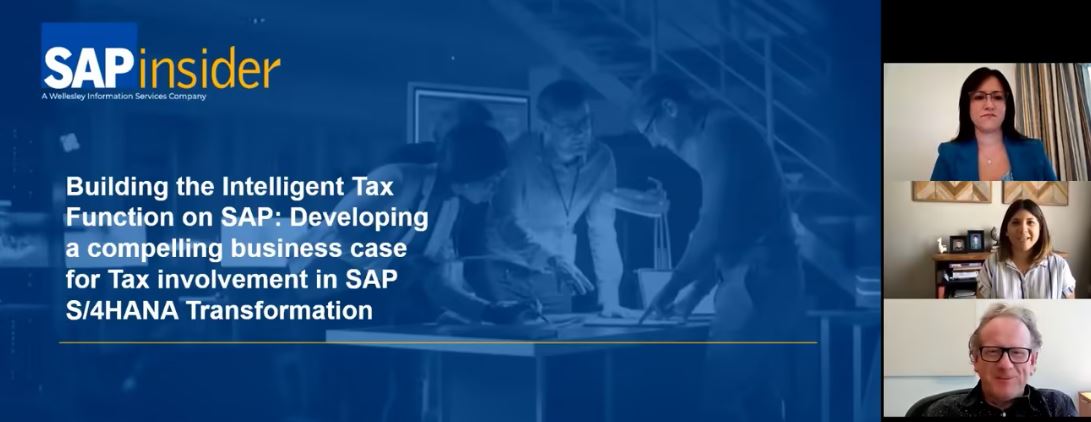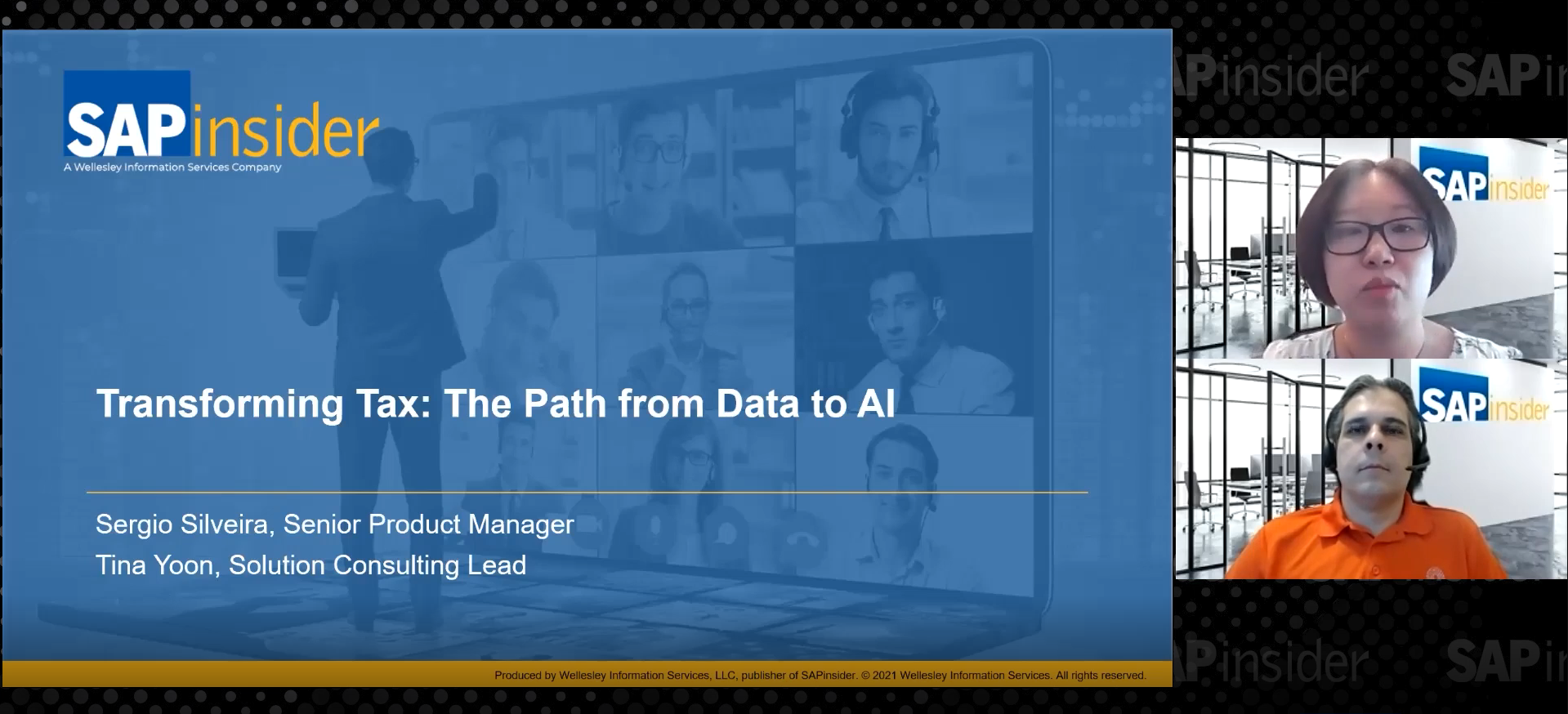Five Things You Should Know About Payroll Tax Filing Software
Maintaining control and accuracy of your organization’s payroll tax filings and liabilities is not only a huge responsibility, but can also pose a huge risk if not managed properly. In the past, employers had few options: either develop an in-house process and manage the associated challenges or outsource tax filing and remittance obligations to a third-party service provider. Many companies opted to outsource tax filing, enduring higher costs and lack of control. Now, due to the innovations and advancements in technology, employers have a better option – a cost-effective, cloud-based, on-demand payroll tax filing software solution. As the payroll expert in your company, why not consider bringing the process in-house, while maintaining control and saving time and money? On-demand solutions are now available with technology to allow employers to more easily manage the company’s payroll tax obligations, at a lower cost of ownership than ever before. Just imagine automating many complex aspects of payroll tax remittance, while simultaneously streamlining department activities, simplifying compliance, and much more. Here are five considerations to support your business case for an in-house, on-demand payroll tax filing solution.
Technology Deployment Options
Selecting the right technology solution that will completely support your tax filing process can help to reduce your internal workload, eliminate user-applied maintenance, and lessen labor costs. There are three main deployment choices for tax filing software: an on-premise, maintained software; a third-party hosted solution; or a cloud-based, on-demand solution.
On-Premise Installation
Prior to hosting or a cloud deployment, the “industry standard” technology available was on-premise payroll tax filing software. This was installed and run locally on the employer’s internal systems. This method and the required hardware generally burdens IT departments with regular and continuous maintenance. The updates required to test and maintain software and current compliance requirements have historically been costly and labor-intensive.
Explore related questions
Hosted Solution
The next evolutionary step is a hosted solution, whereby a service provider hosts the tax filing solution for your company on a dedicated server that houses your company’s data and information. This option transfers the software maintenance burden, because the service provider maintains and updates the solution as well as the server, but with greater cost to you. These increased costs are largely attributed to a server configuration plan requiring the hosting company to have a large IT staff to maintain, service, and update as many servers as it has customers, with individual attention paid to each server.
Cloud-Based, On-Demand Solution
The latest and best option is to select a software provider that offers a true cloud-based, on-demand solution. When you choose a multi-tenant, cloud-based solution, you get a single solution that is scalable to the needs of multiple customers, while minimizing the customer burden of applying software and data updates. A cloud-based solution provider determines, coordinates, and maintains these changes in a timely manner to reduce your organization’s technology overhead and labor costs.
Simplify Compliance
When considering whether to bring the payroll tax filing and deposit processes in-house, think about how your company handles compliance updates and keeps up with regulatory changes imposed by over 3,000 taxing authorities throughout the United States. Does your company thoroughly research all legislative changes? How do you learn about these changes with adequate time to assess, and then develop solutions? Does your process leave ample time to test, evaluate results, and then perform updates? A large part of the ‘cost of compliance’ is driven by the need to identify changes, initiate and plan for updates, complete testing, and then make updates, while still meeting all processing deadlines for the next cycle. Keeping up with changing jurisdictional requirements is a challenge that can create additional work for your payroll team, distracting focus from daily operations and payroll processing requirements. When these updates are managed and provided by your software partner as part of an on-demand solution, employers benefit from updates automatically applied in the cloud. This compliance option lessens your staff’s workload, saves time and imparts greater control of your tax filing process, while keeping you up to date with the latest jurisdictional requirements.
Streamline Processes
Software-based solutions should manage, streamline, and simplify complex processes. When considering tax filing software, the solution must provide a simple and direct user dashboard that allows for completion of complex tasks in a few easy-to-understand steps. The right solution will provide a comprehensive set of management tools to track all tax liabilities due, as well as simplify the remittance and filing processes, while also supporting internal accounting control requirements. User dashboards should leverage and expand the user’s knowledge and understanding of the tax deposit and filing processes.
Scalability and Ease of Use
When researching solutions, take into account your business’s expected growth. A truly scalable on-demand solution will inherently provide the coverage you need in the future as your company’s requirements grow in complexity and size, without requiring tax jurisdictions to be “added,” or program code to be updated. Finally, the application should also easily support new business requirements, such as adding additional bank providers.
Integration
Developing and testing a new software interface can be costly. When considering your payroll tax filing software solution, determine whether the provider has existing and proven integrations with large U.S. payroll ERP systems; or will this be a one-time development and ongoing maintenance expense shouldered by the employer? Existing and proven integrations with industry-leading ERP systems are good indicators that the partner is proficient at streamlining process development, expediting testing, and reducing your workload.
To read more on this subject, visit BSI.com/SAP.
Greg Shine, CPP, SHRM-SCP, is the Senior Product Solutions consultant at Business Software, Inc., in Peachtree Corners, GA, and a member of the APA’s National Speakers Bureau.






